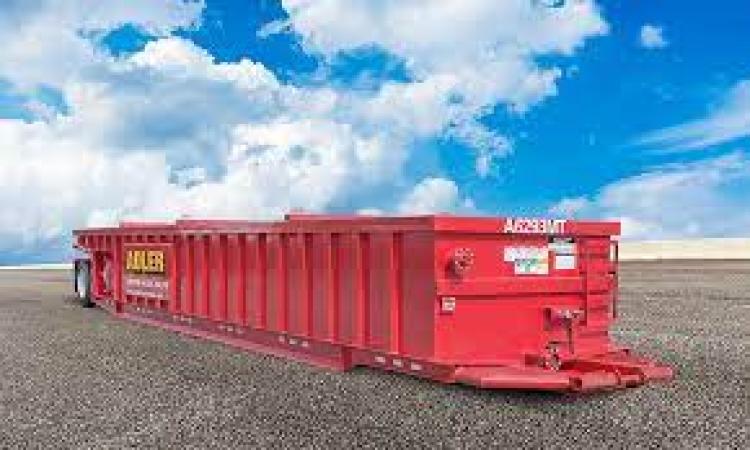
Silos and Associated Accessories - Grain Storage Silos
Grain Storage Silos
Our corrugated Steel Silos have introduced the highly cost effective solution for grain storage by using proprietary Zincalume steel to reduce the solar absorption and thereby drastically reducing the aeration cost required for silos. These metal Silos are designed according to the world-class standards & specifications for long-term storage of varied grains and cereals and other materials such as coffee beans, cotton, etc. while maintaining their unhindered quality. We can offer fully customized grain silo systems which consist of Grain Storage Silos, Handling Equipment, Monitoring Systems, Aeration Systems, Automation Systems. These steel silos are specifically designed for excellent protection and are made available as per customer’s specific requirements. Our metal silos for grain storage are available in either flat bottom or hopper bottom designs.
Types of silos
- Tower silo.
- Bunker silos.
- Bag silos.
- Bins.
- Cement storage silos.
- Sand and salt silos.
- Fabric silos.
- Forage harvesting.
The 3 Main Types of Metal Silos
Metal silos aren’t all built alike, especially when they are custom fabricated. But there are three main types of metal silos that are typically used in industrial settings. Knowing the difference between them — not only in terms of configurations but also applications — can be helpful to anyone who’s setting out to source metal silos.
Flat-Bottom Metal Silos
Metal silos with flat bottoms are used to store materials for extended periods of time. Most often, they store grain, meaning that you’ll find them at breweries, feed mills, flourmills, and port facilities, for example.
While welded construction is available, flat-bottom metal silos are usually built using carbon steel body sheets that are bolted onto a frame made of structural steel stiffeners. All this metal is usually hot-dipped galvanized to protect it from the elements.
Important accessories for these large metal silos include wind rings, which stiffen flat-bottom metal silos for wind loading and bolster their structural stability during filling and discharge, as well as industrial access equipment. The latter can include spiral stairs that wind around the silo (if it is big enough) and caged ladders to provide access to the inspection door at the top.
By equipping a flat-bottom silo with a sweep auger, the material at the bottom can be unloaded first according to the “first in, first out” principle. A sweep auger will also provide controlled flow for a diverse range of stored materials, which means that a flat-bottom silo can be adapted to store diverse materials over the years — rather than having to engineer a silo for a specific product’s physical properties, as with conical-bottom metal silos.
Conical-Bottom Metal Silos
Also known as “cone bottom silos,” conical-bottom metal silos are also used to store a wide variety of materials, including grain, sand and salt for winter road maintenance, and powder. But they are typically used for temporary storage as they often hold smaller quantities than flat-bottom silos and can be raised on structural steel supports to permit access underneath, making loading materials for transport easier.
Much like flat-bottom silos, conical-bottom metal silos can be fabricated using sheets bolted to structural steel frames. But they are also often made using welded construction, which lasts longer and produces a structure that is less likely to interfere with material flow.
The conical hopper attached to the bottom of these silos allows for an easy, metered unloading, provided the material in the silo corresponds to the silo design. Metal silos with conical bottoms must be precisely engineered for the material they are meant to store if flow is to be properly controlled.
Conical-bottom metal silos can be galvanized or painted to resist corrosion.
Horizontal Metal Silos
Like conical-bottom silos, horizontal metal silos are best suited for short-term storage. They are often used to aggregate metal chips, cement, lime, ash, and other waste particulate collected by air filtration systems.
Horizontal metal silos are almost always made using welded construction and finished with durable paint. Coming in a wide variety of sizes, they can be designed to meet any planning or space restrictions, including those for interior spaces.
When installed inside a plant, horizontal metal silos are typically lifted off the ground on structural steel platforms to preserve floor space. This also makes discharge convenient since gravity will do the work of pulling the stored material out of the silo via a chute or hopper.
Raised horizontal metal silos are accessed via stairs, ladders, or a combination of these two types of industrial access equipment, depending on the design.
Custom Metal Silos
While there are lots of “off-the-shelf” metal silos out there — whether you’re talking flat-bottom, conical-bottom, or horizontal configurations — they’re always going to limit you to what’s available.
If you have an unusual material, specific quantities, or restrictive conditions, you’ll be better off with a custom metal silo, which means working with a custom metal fabricator who can build one for you.
Here at Southern Metal Fabricators, we’ve built dozens of metal silos according to all sorts of specifications using just about any type of suitable material. We also hot-dip galvanize and paint, as well as fabricate structural steel and industrial access equipment, making us a one-stop shop for just about any custom metal silo needs.
It doesn’t take much to get started; no fancy engineering drawings needed. If you’ve got some measurements and a rough idea of what you want, we can take it from there. In short: Don’t hesitate to contact us for your custom metal silo needs. As we like to say around here, “Yes, we can do that!”
Contact dash@dashinspectorate.com or call whats app 00971508692438



































